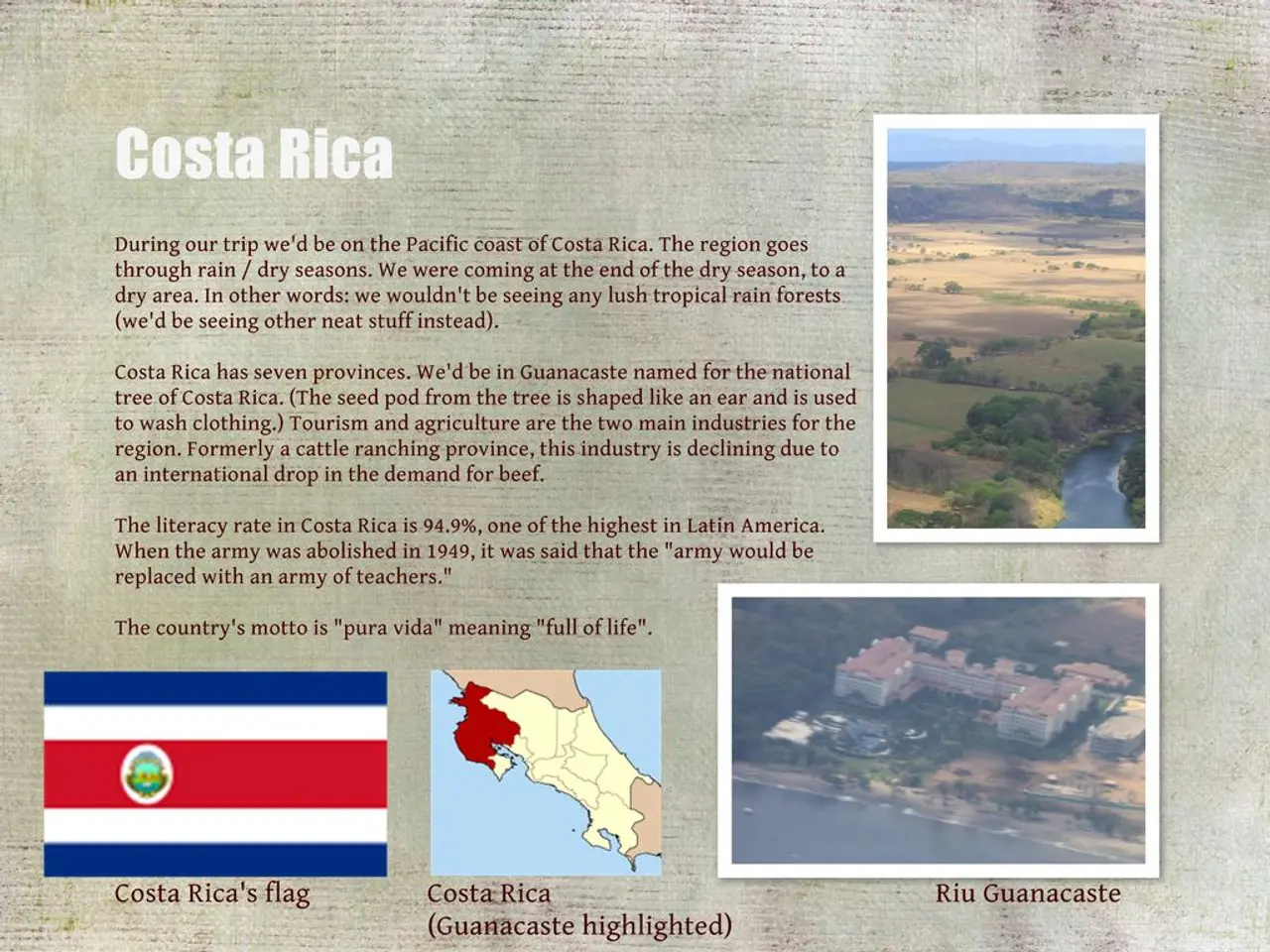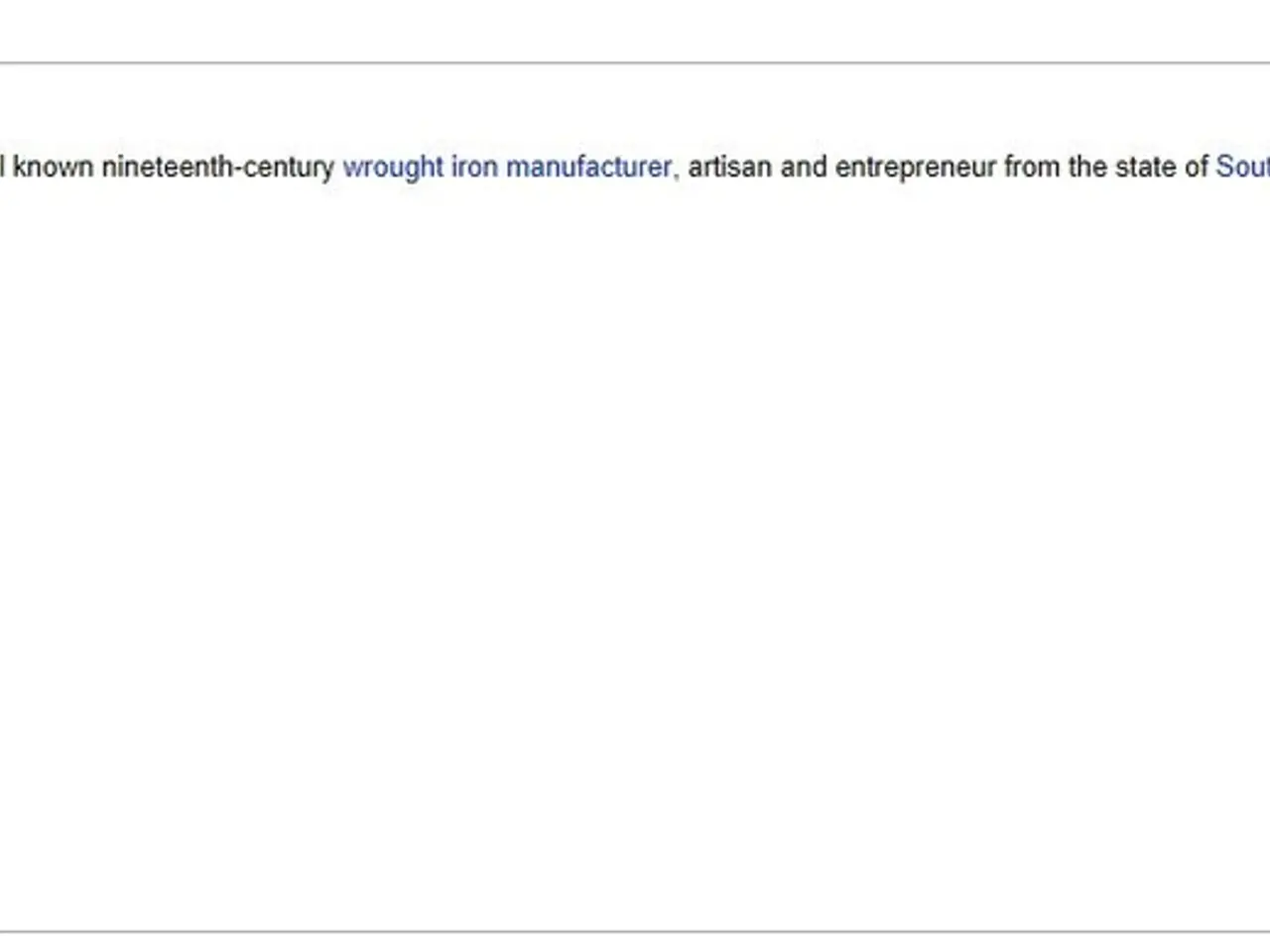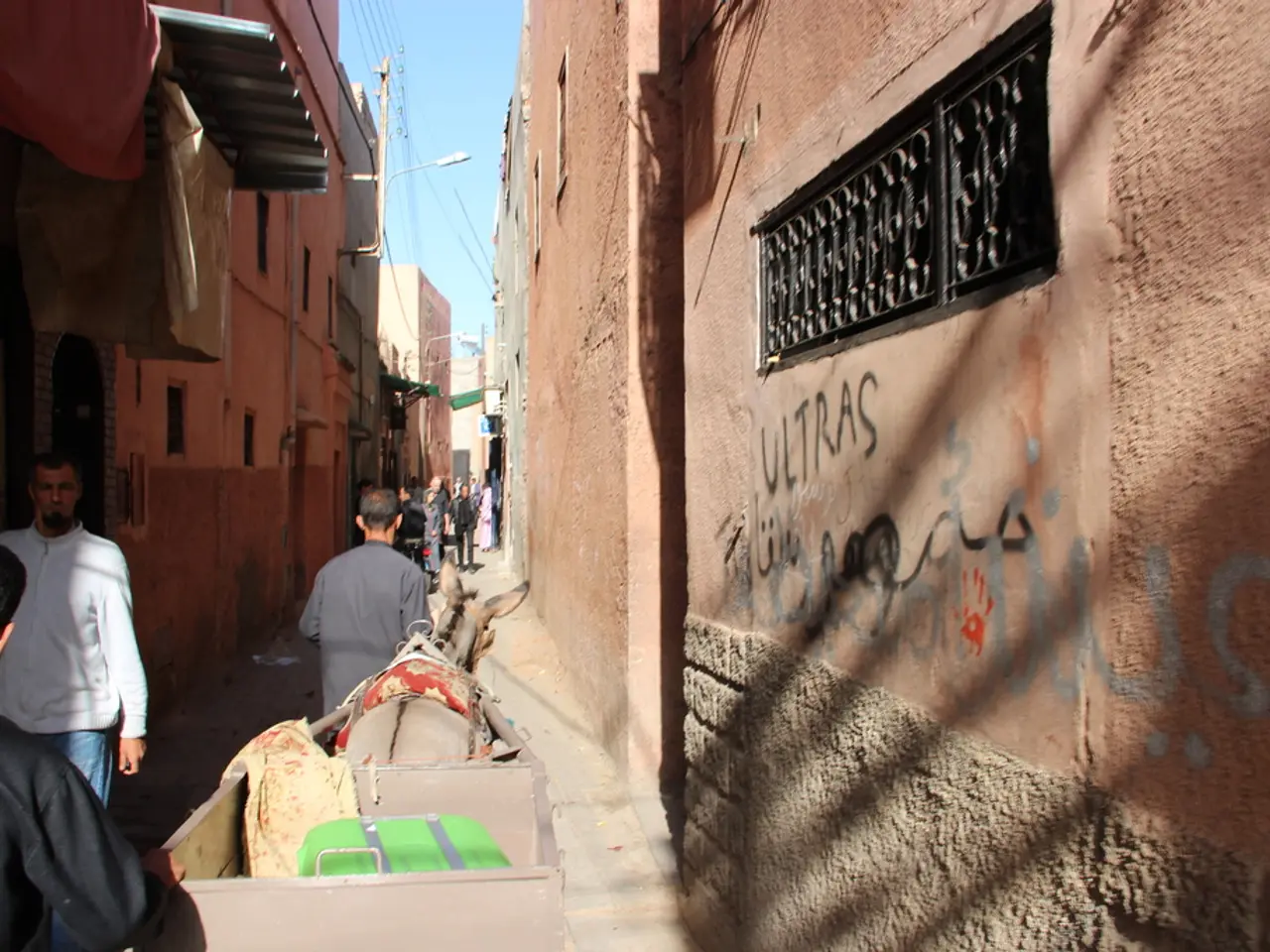Colombian ex-president Álvaro Uribe receives a 12-year prison sentence for bribery and fraudulent activities
Former Colombian President Álvaro Uribe Convicted of Bribery and Procedural Fraud
After a 13-year-long legal battle, former Colombian President Álvaro Uribe Vélez has been found guilty of ordering his lawyer to bribe imprisoned paramilitaries to provide false testimony against Senator Iván Cepeda. The court concluded that Uribe seriously harmed the administration of justice by attempting to manipulate witnesses and judicial evidence.
The conviction stems from allegations that Uribe bribed the paramilitaries to testify against Cepeda, a critic who had accused Uribe of colluding with paramilitary groups linked to human rights abuses. The court found Uribe guilty of corruption of the judicial process.
However, Uribe was acquitted of simple bribery related to an allegation that he tried to bribe a former prosecutor to testify favorably in his defense. The case originated when Uribe filed complaints against Cepeda in 2014, but the investigation later focused on Uribe’s own alleged misconduct, leading to his conviction for procedural fraud and bribery in 2025.
The sentence includes a fine of 3.4 billion Colombian pesos (approximately €700,000) and an eight-year ban on holding public office. Uribe has been sentenced to 12 years in prison and will serve his time under house arrest in Rionegro, near Medellín.
The defense may take the case to the Supreme Court of Justice if faced with an unfavorable second instance. Uribe has always maintained his innocence and interprets the judicial process as a political persecution led by the Colombian left, particularly by what he calls "castrochavismo."
The conviction has fueled tension in Colombia and fueled disagreements between Uribe and the current president, Gustavo Petro. Senator Marco Rubio from the United States has criticized the process, stating that Uribe's conviction is a "militarization of the Colombian judicial power by radical judges" and that the only crime the former president had committed was "fighting tirelessly and defending his homeland."
A group of 26 former leaders of 13 Ibero-American countries, including former Spanish presidents José María Aznar and Mariano Rajoy, have asked the UN and the Organization of American States (OAS) to attend to the "serious affects" against Uribe's rights. The signatories claim that the process against Uribe has been "plagued with anomalies" and constitute "systematic affects on his rights guaranteed by the Universal Declaration of Human Rights of 1948 and the American Convention on Human Rights."
Uribe resigned from his seat in 2020 but his influence remains among the right-wing forces of the country, such as former President Iván Duque. The former president has been associated with the 'false positives' scandal, in which military personnel killed innocent civilians and passed them off as FARC guerrillas.
The appeal in Uribe's case will take place on August 11 before the Superior Tribunal of Bogotá. The sentence, which is stricter than what the Prosecutor's Office had requested (nine years), orders Uribe to be immediately transferred to Rionegro, near Medellín, where he will serve his house arrest.
This is the first time a Colombian ex-president has been prosecuted in a criminal trial. The judge, Sandra Liliana Heredia, found Uribe guilty in a case that involves Senator Iván Cepeda and has lasted for 13 years. The sentence was leaked to local media before its official reading.
The conviction of Former Colombian President Álvaro Uribe Vélez for bribing imprisoned paramilitaries, a form of corruption that significantly impacted the administration of justice, is a notable event in the realm of 'crime-and-justice'. Moreover, the average Colombian citizen is closely following the political situation, as the judgment has raised tensions and fueled disagreements between Uribe and the current president, Gustavo Petro, which can be categorized under 'politics' and 'general-news'.








